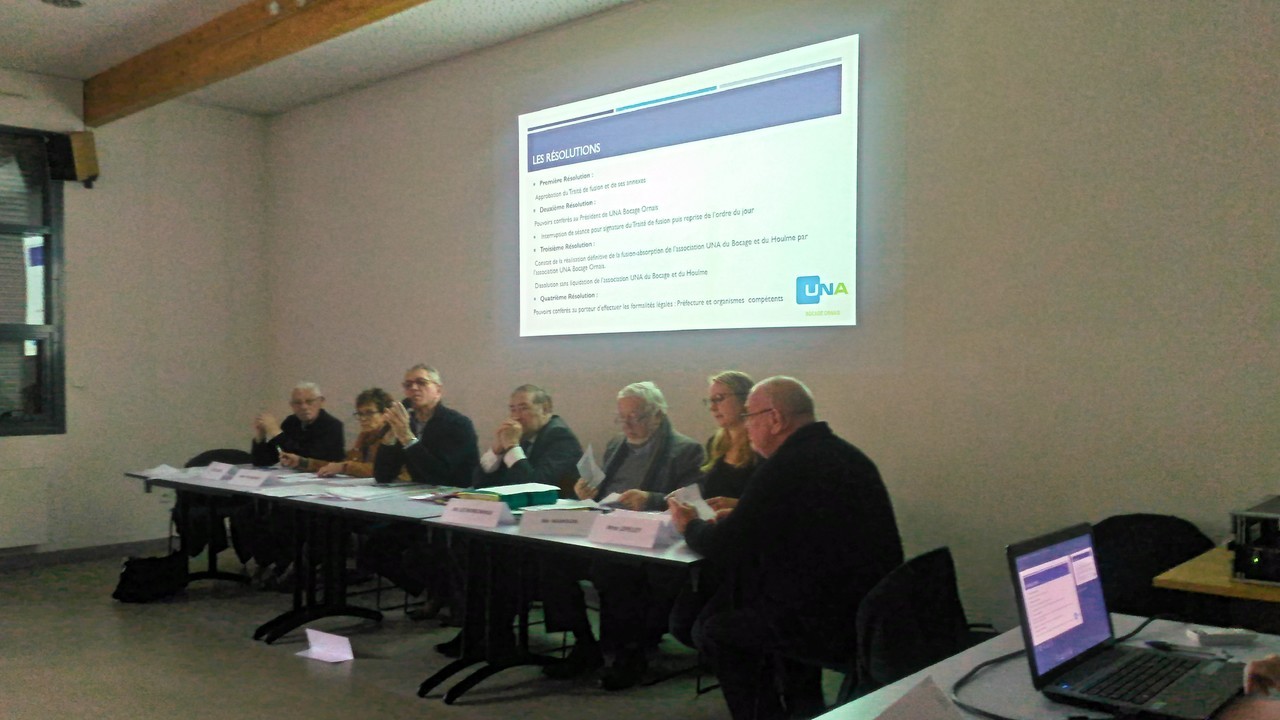Analyzing Ongoing Nuclear Litigation: Impacts And Implications

Table of Contents
Types of Nuclear Litigation and Their Prevalence
Nuclear litigation encompasses a broad range of legal actions stemming from various aspects of the nuclear fuel cycle. These lawsuits often involve significant financial stakes and complex scientific and technical issues. The prevalence of these cases varies depending on factors such as technological advancements, regulatory changes, and public perception.
Different types of lawsuits related to nuclear energy include:
-
Reactor accidents and resulting health claims: Accidents like Chernobyl and Fukushima have resulted in widespread litigation, involving claims for personal injury, property damage, and economic losses. This often includes prolonged legal battles over compensation and the extent of long-term health effects. Cases frequently involve complex scientific evidence regarding radiation exposure and its health consequences.
-
Nuclear waste disposal site contamination litigation: Lawsuits concerning the contamination of sites used for storing nuclear waste are common. These cases often focus on issues of liability, remediation costs, and the long-term environmental consequences of contamination. The legal challenges often involve determining responsibility for contamination, developing effective remediation strategies, and assessing the long-term environmental impact.
-
Liability issues in nuclear power plant decommissioning: Decommissioning nuclear power plants is a complex and costly process, often leading to disputes over liability for the costs and environmental consequences. These cases frequently center on defining responsibility for the cleanup and long-term monitoring of the site.
-
Challenges in the cleanup of legacy nuclear sites: Many countries face the challenge of cleaning up legacy nuclear sites – facilities that are no longer in operation but still pose environmental and health risks. This often results in complex litigation concerning the extent of cleanup, the responsible parties, and the financing of remediation efforts.
-
Legal battles concerning nuclear weapons proliferation and testing: International litigation sometimes arises concerning issues of nuclear weapons proliferation and the environmental consequences of nuclear weapons testing. These cases often involve international law and complex geopolitical considerations.
Related Keywords: Nuclear accident litigation, nuclear waste lawsuits, nuclear liability, environmental contamination claims, decommissioning litigation.
Impact on the Nuclear Energy Industry
Ongoing nuclear litigation significantly impacts the nuclear energy industry in several ways. The economic and regulatory consequences can be substantial, affecting investment decisions, project timelines, and the overall competitiveness of nuclear energy.
-
Increased insurance premiums and financial burdens: The risk of litigation significantly increases insurance premiums for nuclear power plants and related activities, placing a considerable financial burden on the industry. This can affect the profitability and viability of nuclear projects.
-
Delays and cancellations of new nuclear power plant construction: The prospect of costly and protracted litigation can lead to delays and even cancellations of new nuclear power plant construction projects, impacting energy security and climate change goals. Regulatory uncertainty further exacerbates this.
-
Stricter regulatory oversight and compliance costs: Nuclear litigation can lead to stricter regulatory oversight and increased compliance costs for the industry. This adds to the financial burden and can discourage investment in nuclear power.
-
Impact on investor confidence and financing for nuclear projects: The uncertainty surrounding potential liability from litigation can negatively impact investor confidence and make it more challenging to secure financing for nuclear projects. This can stifle innovation and the development of advanced reactor technologies.
-
Potential for reduced competitiveness of nuclear energy compared to other sources: The combination of increased costs, regulatory hurdles, and reputational damage associated with litigation can reduce the competitiveness of nuclear energy compared to other energy sources, such as renewable energy.
Related Keywords: Nuclear energy regulation, nuclear insurance, investment in nuclear power, nuclear project delays, regulatory compliance.
Social and Environmental Impacts of Nuclear Litigation
Beyond the economic consequences, nuclear litigation has significant social and environmental impacts. Public perception of nuclear energy, community health concerns, and environmental remediation efforts are all directly influenced by ongoing legal battles.
-
Public health concerns and compensation claims: Nuclear accidents and contamination events can lead to widespread public health concerns and numerous compensation claims, creating significant social and ethical challenges. This can erode public trust in the nuclear industry.
-
Environmental remediation costs and long-term monitoring: Cleaning up contaminated sites resulting from nuclear activities can be extraordinarily expensive and require long-term monitoring. Litigation often determines who bears the costs and the extent of remediation efforts.
-
Impacts on local communities and economies: Nuclear litigation can have profound impacts on local communities and their economies, particularly in areas hosting nuclear facilities. Job losses, property devaluation, and health concerns can have long-lasting social and economic consequences.
-
Public trust and acceptance of nuclear energy: Negative publicity and protracted litigation surrounding nuclear issues can damage public trust and acceptance of nuclear energy, hindering the development of new nuclear technologies and projects.
-
Influence on environmental protection policies and regulations: Nuclear litigation can influence environmental protection policies and regulations, leading to stricter standards and increased oversight of the nuclear industry.
Related Keywords: Nuclear health risks, environmental remediation, public health litigation, community impact, environmental justice.
The Role of International Law and Agreements
International law and agreements play a crucial role in addressing nuclear liability and resolving cross-border disputes. These legal frameworks aim to establish clear lines of responsibility and provide mechanisms for dispute resolution.
-
The Vienna Convention on Civil Liability for Nuclear Damage: This convention establishes international standards for civil liability in the event of nuclear accidents. It aims to ensure prompt and adequate compensation to victims.
-
The Paris Convention on Third Party Liability in the Field of Nuclear Energy: This convention complements the Vienna Convention by establishing a framework for international cooperation in addressing nuclear incidents.
-
Role of international organizations like the IAEA: The International Atomic Energy Agency (IAEA) plays a vital role in promoting safety standards, providing technical assistance, and facilitating international cooperation in the nuclear field. This includes assisting in conflict resolution.
-
Cross-border implications of nuclear accidents and litigation: Nuclear accidents can have transboundary effects, leading to complex cross-border litigation and requiring international cooperation to address liability and compensation issues.
Related Keywords: International nuclear law, nuclear liability conventions, international arbitration, IAEA regulations, cross-border litigation.
Conclusion
Analyzing ongoing nuclear litigation reveals a complex web of impacts and implications across various sectors. The economic burdens on the industry, the social and environmental consequences, and the intricate interplay of national and international law all contribute to the significance of understanding this area. A thorough grasp of the legal and regulatory frameworks governing the nuclear industry is essential. Further research and analysis of analyzing ongoing nuclear litigation are crucial for informed decision-making regarding nuclear energy policies, safety regulations, and risk management. Stay informed on the evolving landscape of analyzing ongoing nuclear litigation to better understand its impact on the future of nuclear energy.

Featured Posts
-
 8000 Km A Velo L Aventure De Trois Jeunes Du Bocage Ornais
May 02, 2025
8000 Km A Velo L Aventure De Trois Jeunes Du Bocage Ornais
May 02, 2025 -
 Survey Shows 93 Trust In South Carolinas Election Process
May 02, 2025
Survey Shows 93 Trust In South Carolinas Election Process
May 02, 2025 -
 Enexis En Kampen In Juridisch Conflict Aansluiting Stroomnet In Geschil
May 02, 2025
Enexis En Kampen In Juridisch Conflict Aansluiting Stroomnet In Geschil
May 02, 2025 -
 Exploring The Lives Of Rarely Observed Seabirds A Te Ipukarea Society Focus
May 02, 2025
Exploring The Lives Of Rarely Observed Seabirds A Te Ipukarea Society Focus
May 02, 2025 -
 Death Of Priscilla Pointer Actress And Mother Of Amy Irving At 100
May 02, 2025
Death Of Priscilla Pointer Actress And Mother Of Amy Irving At 100
May 02, 2025
